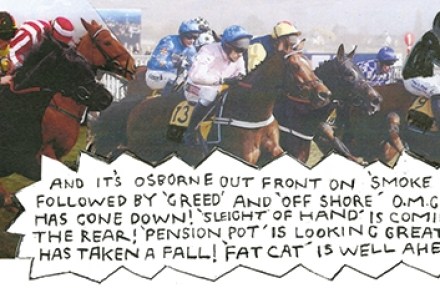George Osborne should have gone to the Foreign Office after the election
Imagine how different politics would be now if George Osborne had moved to the Foreign Office after the election. He would have left the Treasury with his economic and political strategy vindicated by the election result and wouldn’t be involved in this deeply damaging row with Iain Duncan Smith. For Osborne to have a former leader, and one of the most respected figures among the party activists, attacking his whole approach to deficit reduction and his conception of fairness is politically disastrous, to put it mildly. The problem for Osborne is that with no fiscal wriggle room and his opponents on the Tory benches determined to cause him trouble at every




















